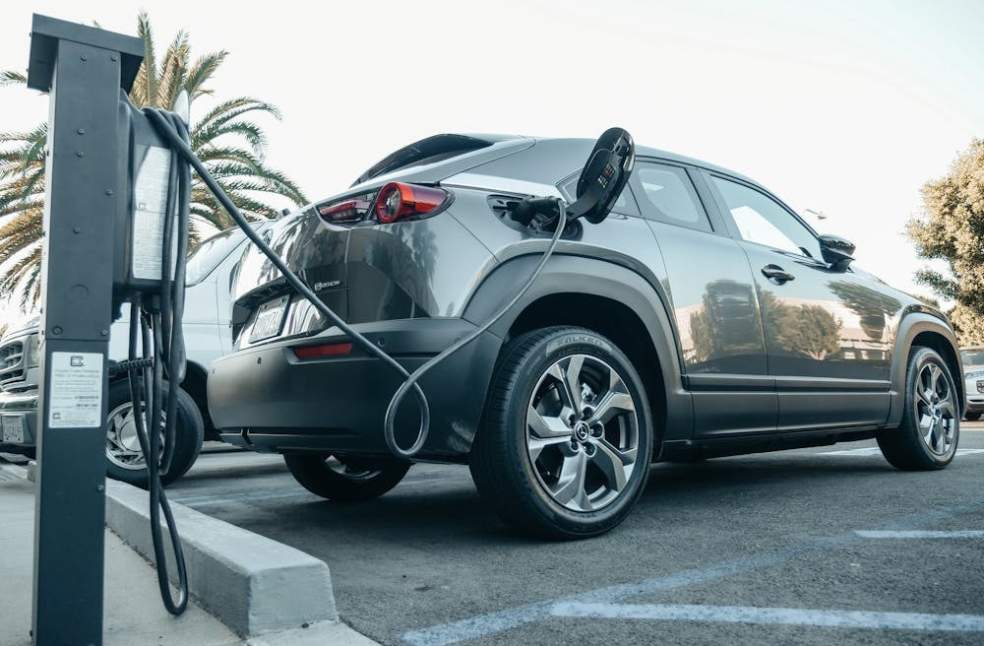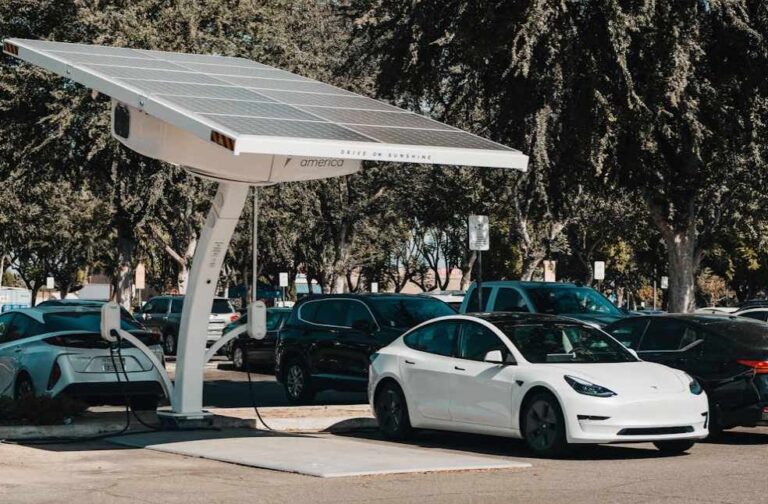London: Chancellor Rachel Reeves is facing increasing pressure to introduce a ‘pay-per-mile’ taxation scheme on electric vehicles (EVs) as the UK government seeks to address the growing revenue shortfall from declining fuel taxes.
With the rapid adoption of EVs, traditional fuel tax revenues have plummeted, creating a significant gap in public finances that were historically bolstered by petrol and diesel taxes. Critics argue that without a new taxation model, essential services funded by these taxes, including road maintenance and public transport, could face severe budget cuts.
The proposed ‘pay-per-mile’ scheme would see EV owners being charged based on the number of miles driven, a measure proponents believe is a fair way to ensure all road users contribute to infrastructure costs. Advocates for the plan, including several prominent think tanks and MPs, argue that this approach is necessary to maintain public services while encouraging efficient road usage.

However, the proposal has sparked controversy among environmentalists and EV enthusiasts, who claim that it could undermine the transition to greener vehicles. They argue that imposing additional costs on EV drivers could slow down the adoption of cleaner transportation and hinder the UK’s efforts to meet its climate goals.
Chancellor Reeves has yet to make a formal statement on the matter, but Treasury is exploring various options to balance the need for sustainable revenue generation with the government’s commitment to reducing carbon emissions. A decision is expected in the coming months.



